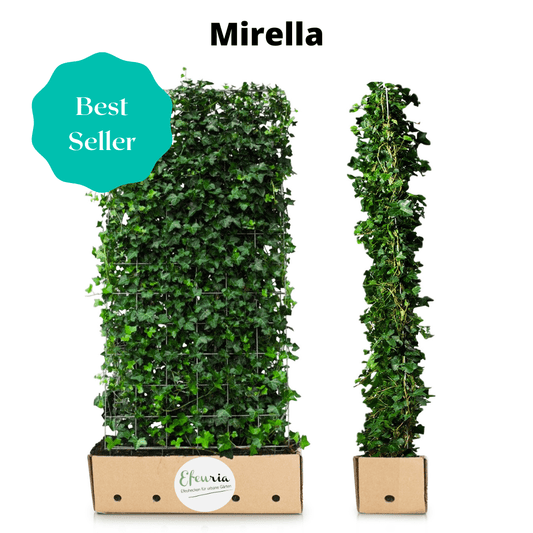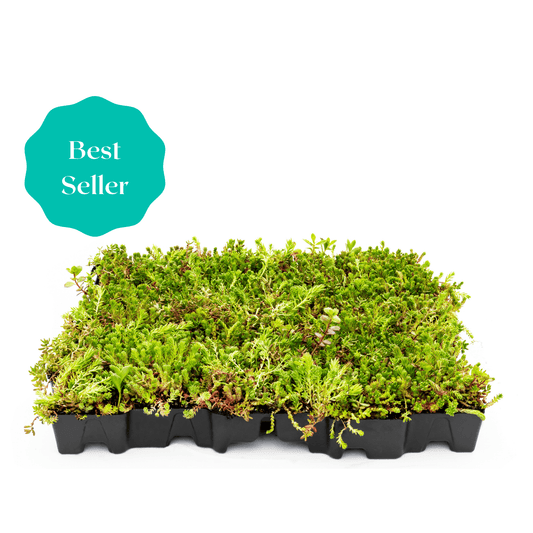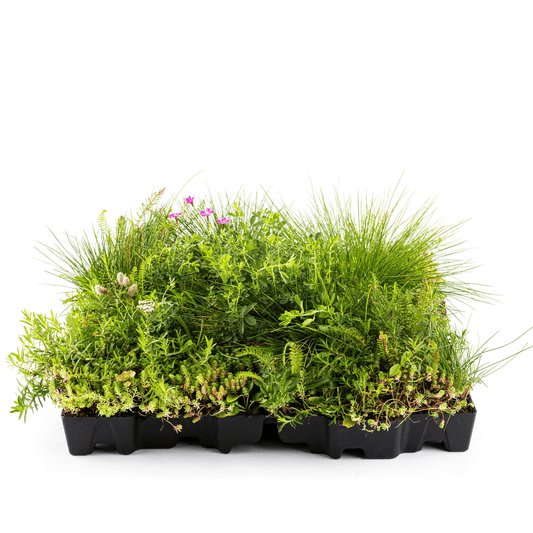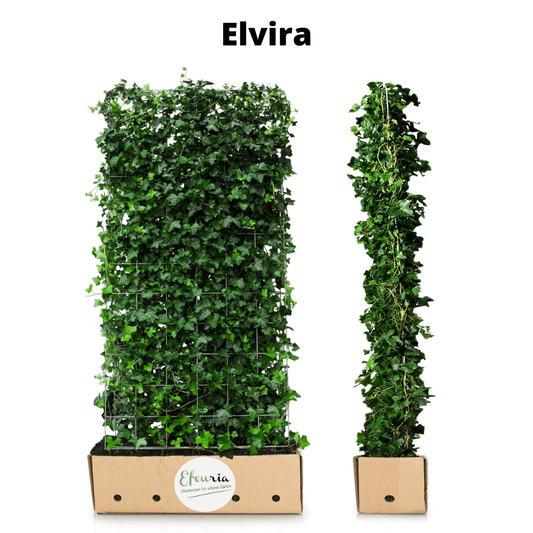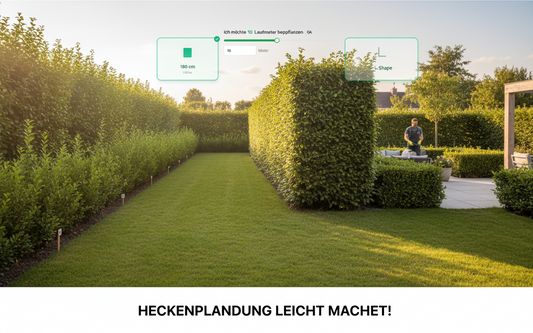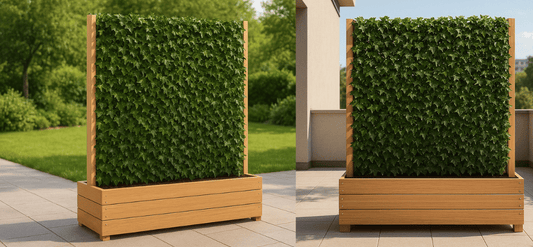Why a garden makes you healthy
There is something magical about gardens. No matter whether they are big or small, in the city or in the country, old or brand new: the collection of plants, flowers and, depending on the case, trees and bushes has an effect on people. And as different as this effect may be, one thing is clear: gardens make people healthier.
Gardens from antiquity to the present day
From the gardens in ancient Egypt, the famous Persian gardens, to the gardens in ancient Greece and Rome, to Renaissance and Baroque gardens: gardens have accompanied people since the beginning of time and have developed over the centuries from initially purely functional gardens to gardens used for decoration and relaxation.
Nowadays, you can find the whole spectrum: from gardens in which vegetables and fruit are planted and harvested, to gardens in which flowers, ornamental shrubs and trees are used primarily for decoration and as a feast for the eyes. And of course, there are also gardens in which both are combined and the spectrum is fully exploited.
But what is it that makes a garden so fascinating? What is it that drives millions of people to walk through gardens, to linger in gardens and find peace and quiet, to create a form of garden for themselves and to invest time in it? No matter what the motivation is, one thing is crystal clear: gardens make people healthier! There are many reasons for this and we will show you these below.
1. Green calms

The basic color of a garden alone allows our soul to relax. Green is known to be the color of hope and this feeling is transmitted to us unconsciously. The color is also cold and in this sense passive and thus conveys peace and calm. It is no wonder that we relax when we are surrounded by green. But green also stands for life, the first leaves in spring and therefore also for new beginnings, warmer times, especially after a barren winter. And it is precisely this uplifting, positive and optimistic feeling of hope that is transmitted to every person who moves through a garden - no matter how big or small it may be.
2. Relaxation and balance
Just like the soul, green also relaxes the eyes. The color is one of the three basic colors that are considered to be the so-called starting colors. The human eye perceives this among millions of other shades. The color has a calming and balancing effect on our eyes, just as it does on our mind.
3. A contribution to CO2 reduction
In addition to all the health-promoting aspects already mentioned, gardens, especially when planted with fruit and vegetables, contribute to reducing global CO2 emissions. Not only do many types of plants bind CO2 and other pollutants from the air, but by producing your own vegetables and fruit, you can also reduce your ecological footprint compared to supermarket goods, which is already associated with the transport of the goods and the associated CO2 emissions.
4. Pollutant-free
Aside from the ecological benefits of having a garden with home-grown vegetables and fruit, this is also beneficial to your health on another level. With home-grown vegetables and fruit, you as a gardener can control that no unnecessary harmful substances are used. You can avoid pesticides and thus grow a purely organic garden and corresponding organic products, which in turn is better for your health.
5. Conscious nutrition
Eating healthily doesn't just contribute to physical well-being. Eating something delicious and experiencing the different flavors and freshness also awakens and stimulates the senses, so that they are not only "caressed" but also strengthened. This can help you live your life more consciously and savor and enjoy individual experiences even more. All in all: balm for the soul and the heart.
6. Gardening is a form of meditation
The work that comes with a garden is also not to be underestimated. While it is certainly a lot of work, it is also an activity that is mostly described as positive, even "healing". For example, various studies have shown that gardening has a positive effect on blood pressure, can lower cortisol levels and generally increases well-being. Many people feel literally grounded by real contact with the earth and calmer, more focused and more at peace with themselves through contact with nature. There are also studies that show that gardening can increase attention and concentration, regardless of whether it is in adults or children.
7. Stay in the fresh air
Last but not least, it should not be underestimated that gardens encourage us to spend time in the fresh air. Regardless of whether it is warm or cold season, the additional oxygen, the exercise while walking or gardening and also the increased absorption of sunlight all have a positive effect on the human body. The sun's rays ensure increased vitamin D production in the body, which, like the fresh oxygen, strengthens the immune system. The immune system is also boosted by contact with microorganisms in the soil. The eyes can also finally focus on the distance, quite the opposite of when you move around rooms or in front of a screen all day. This trains the optic nerve and thus preserves your vision for longer. Not to forget physical exercise. Whether walking or gardening, exercise is always good for the body and can have an effect on your overall health. It is widely known that light to moderate activities train the cardiovascular system and thus influence cortisol levels. Cortisol, in turn, plays a key role in the burning and utilization of fats and carbohydrates. Exercise also helps the joints stay flexible, and studies even show that gardening has an effect on the bones and can prevent osteoporosis.
Off to the garden, because it's worth it
In summary, one thing is clear: gardens really do make us healthier. Spending time and working in the garden has an impact on both our physical and mental well-being, as various studies have shown.
Therefore, our advice at the end of this article is: Get out into the garden. It doesn't matter whether it's your own garden or a public one - your body will thank you.

